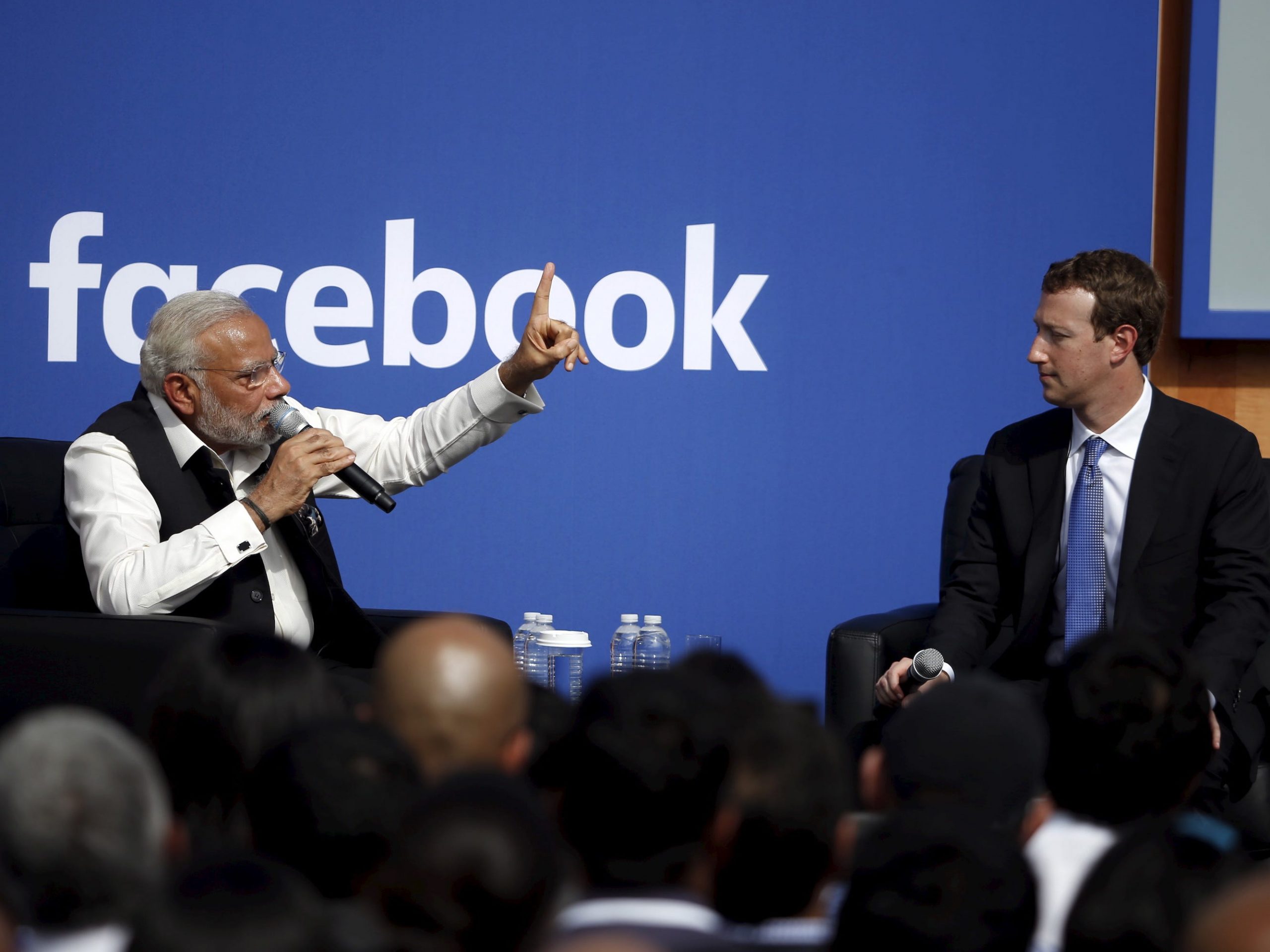
REUTERS/Stephen Lam
- TechCrunch obtained a letter sent by India’s IT ministry to WhatsApp regarding the app’s new policy change.
- India’s government asked the firm to “withdraw” a proposed change that appeared to require users to share some personal data with WhatsApp.
- Indian WhatsApp users, roughly 400 million, make up the company’s largest market.
- Visit Business Insider’s homepage for more stories.
India is reportedly asking What App to reverse its new policy change.
India’s IT ministry sent an email to WhatsApp chief Will Cathcart asking the firm to “withdraw the proposed changes” to its terms of service that appeared to require users share personal data like phone numbers and locations, TechCrunch reported.
“Such a differential treatment is prejudicial to the interests of Indian users and is viewed with serious concern by the government,” the ministry wrote in an email obtained by TechCrunch. “The government of India owes a sovereign responsibility to its citizens to ensure that their interests are not compromised and therefore it calls upon WhatsApp to respond to concerns raised in this letter.”
WhatsApp originally said users risk losing access to the app if they didn’t agree to the new terms by February 8, but later delayed the policy change by three months after pushback.
India, WhatsApp’s biggest market, holds more than 400 million of the app’s 2 billion users.
WhatsApp was not immediately available for additional comment.
Upon WhatsApp's announcement of the policy change, Indian residents fueled the 4,200% surge in downloads for Signal, a rival encrypted messaging app. Signal saw 2.3 million new installs in India, or 30% of its total new installs.
Indians also accounted for 16% of new downloads for a similar secure messaging app, Telegram, during the same time.
Indian users also filed a petition in the Delhi High Court in mid-January demanding the government prohibit WhatsApp from sharing personal data with third-parties.
Though WhatsApp cannot view messages between users due to the service's end-to-end encryption, Insider's Rob Price found evidence the Facebook-owned firm shared when users sleep and when they use the app to third-party apps.
WhatsApp has resisted pressure from the US government to allow law enforcement to access messages.
"For all of human history, people have been able to communicate privately with each other," Cathcart told The Wall Street Journal last year, "and we don't think that should go away in a modern society."
